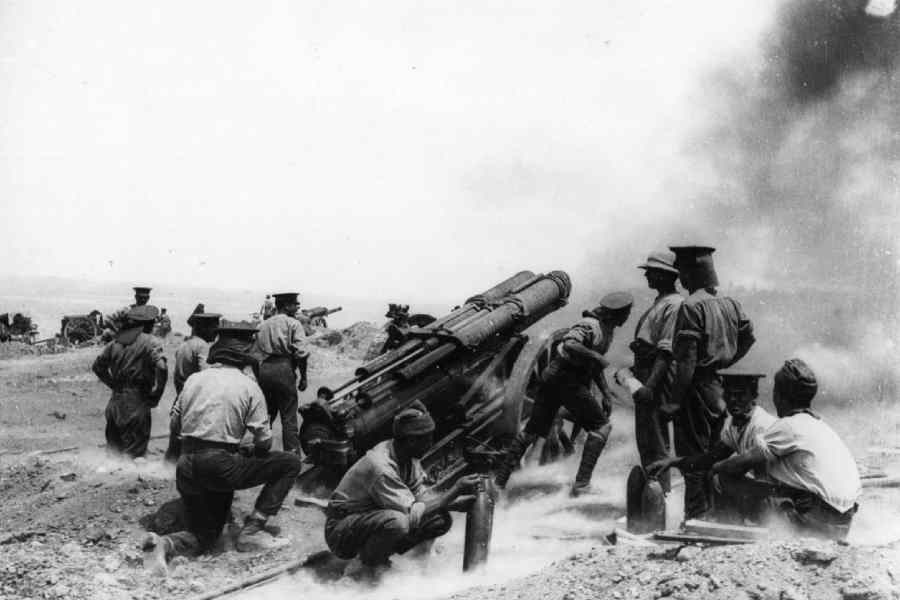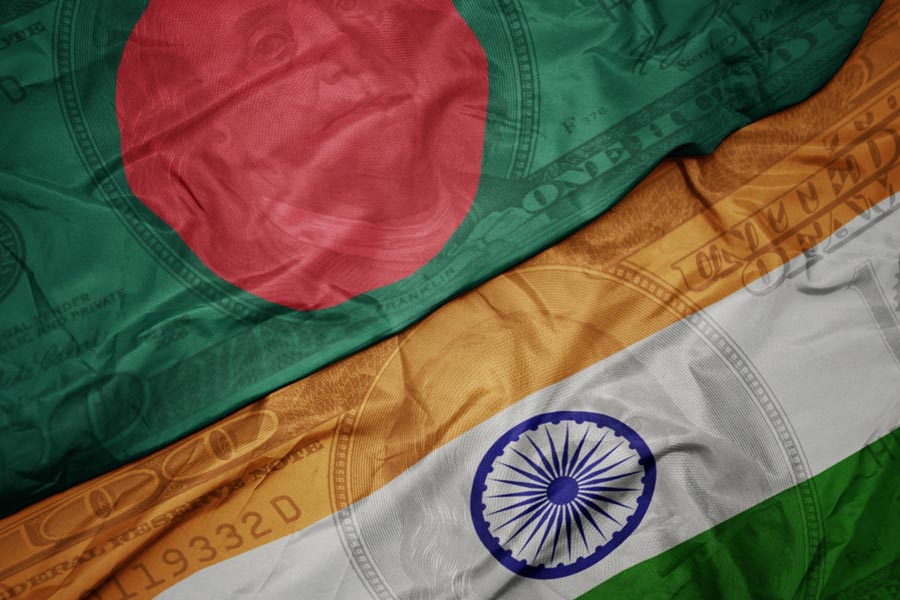The external affairs minister’s visit to Islamabad for the Shanghai Cooperation Organisation heads of government meeting was an anticlimax in the India-Pakistan bilateral context. This was expected. It had been made amply clear much before that the first visit by an Indian foreign minister to Pakistan in almost a decade would be devoid of bilateral content.
While this was S. Jaishankar’s first visit to Pakistan as external affairs minister, it was his fourth in the past decade. His three earlier visits had been as foreign secretary. The first of these was in March 2015 when an impending cricket World Cup, in which coincidentally a number of SAARC teams were participating, provided the opening for an attempt to break the log jam that had developed with Pakistan. Thereafter, there were two visits in December 2015 — one of those consequential months when the future did appear to be pregnant with possibility. The then external affairs minister, the late Sushma Swaraj, and the prime minister both visited Pakistan.
Put together, all this represented a powerful Indian initiative to bring relations with Pakistan to some kind of even keel. But the initiative did not work. In hindsight, we can say that perhaps part of the reason is that Pakistan had already entered its poly-crisis phase and its traditional bugbear of civil-military conflict was emerging with an added intensity. Also in hindsight, it is unsurprising that subsequent terrorist attacks and Pakistan’s conscious decision not to act against the groups responsible torpedoed these initiatives.
The failure in 2015 also meant the beginning of a long downturn in India-Pakistan relations which continues. Ups and downs have, however, been an integral part of the relationship since its inception. To many, this volatility suggests a particularly, even uniquely, flawed relationship and an exceptional burden that India carries in terms of its neighbourhood. But when compared to Israel’s war in Lebanon, the offensive in Gaza, the knife-edge situation with Iran or the war in Ukraine, South Asia appears stable, even benign.
Travelling in Greece and Turkey provides another instance of how modern fault lines rest on deep and enduring divisions. A Mediterranean or an Aegean perspective certainly erodes notions of South Asian exceptionalism in the lineup of ultra bad neighbours. Even a casual glance at the Greek-Turkey portfolio of problematic issues reveals a mind-boggling array — territorial disputes and undemarcated maritime boundaries top the list; both have led to serious spikes in tension that have been kept in check largely because of their common NATO membership.
Both governments have attempted to normalise relations but the weight of history is immense. Even casual conversations in Greece today lead to discussions around the imagined or real inequities of four centuries of Ottoman rule till the 1820s when Greece won its independence assisted by the British, the Russians, and the French. The respective treatment of minorities — Christians in Turkey and Muslims in Greece — similarly casts a long shadow. In 1923, Greece and Turkey carried out what was possibly the first major ‘transfer’ of populations in modern history. This was mass ethnic cleansing but sanctioned by bilateral agreement and international law — Christians in Turkey were expelled to Greece and Muslims from Greece to Turkey.
These modern differences now rest also on foundations erected far back in history — going back to the mythology of the Trojan war. The ancient Greek states united in a war against Troy, which is in present-day Turkey; that is the story of Homer’s Iliad. As the Ottoman empire crumpled in its face-off against other European powers from the mid-19th century, references to the Trojan war were frequent from both directions. To many in Turkey, the Trojan war was one in which their ancestors resisted an invading Greek army and was the precursor to the famous Battle of Gallipoli in 1915 when the Turks faced a combined British, French and Australian force. The difference, of course, was that while the Greeks or the West had prevailed in Troy, the Ottomans had successfully defeated the Western allies in Gallipoli.
In Gallipoli in 1915, references to The Iliad were equally strong on the British side. By coincidence or otherwise, the British naval force was led by the battleship, Agamemnon, named after the principal Greek king in the Trojan war. A future prime minister of Britain — and someone well-known in India — the Labour leader, Clement Attlee, was a young subaltern in the British force and in his poems from Gallipoli there are references to Achilles, the legendary Greek warrior who battled the armies of Troy and defeated and killed its prince, Hector.
On the Turkish side, Gallipoli was also a metaphor for the successful defence of Islam against a Western and Greek onslaught. Leading the Ottoman forces was Mustafa Kemal, later to be known as Atatürk. Victory in Gallipoli led to his becoming the first president of the future Republic of Turkey. For him, the mythology of the Trojan war was also strong; he is believed to have commented after victory, “We avenged Troy.” Another version has him saying, “Hector, we have avenged you.” Notwithstanding this victory, the Turks lost the war which became the last nail in the coffin of the tottering Ottoman empire. It is unlikely to be a coincidence that the defeated Turks signed the armistice in October 1918 abroad the British warship, Agamemnon!
But to return to South Asia’s own great contestation; it is good that the external affairs minister visited Pakistan for this meeting. His visit showed that if nothing else we do not allow the toxicity of the India-Pakistan relationship to impact our membership of an important regional organisation. But the failure of the diplomatic initiatives of 2015 still casts a long shadow and the frustrations on account of that failure remain strong. If there is a lesson to be learnt from other regional conflicts, it is this: ancient or medieval histories muddying contemporary waters is hardly unique to South Asia. The way forward has to be the hard grind of diplomacy; past frustrations have to be kept in the past.
T.C.A. Raghavan is a former High Commissioner to Pakistan











